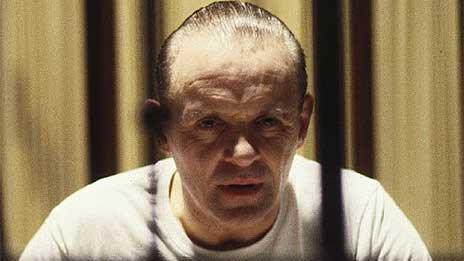Jonathan Demme: Five must-see films
- Published
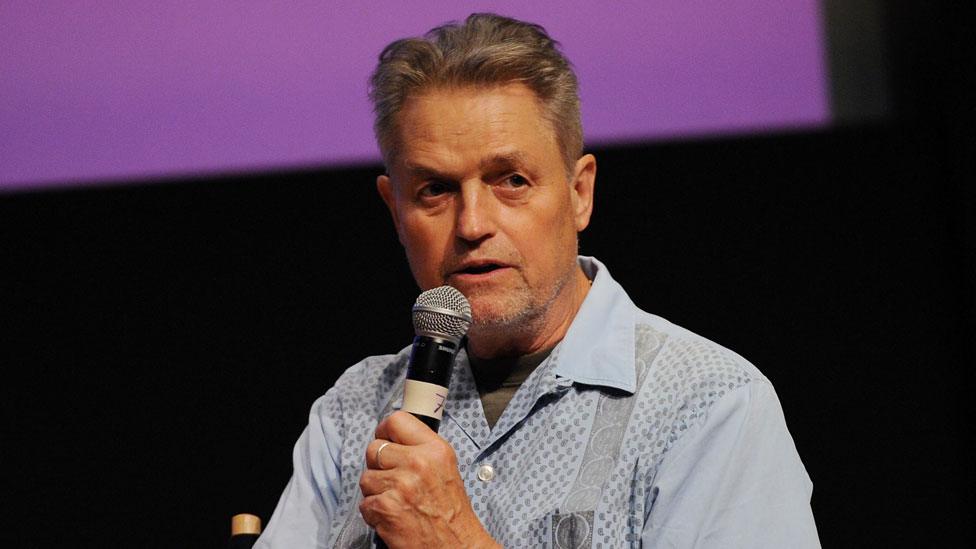
Demme was a master of many film genres
The film career of Jonathan Demme, who has died at the age of 73, spanned five decades and at least as many genres.
As adept at crafting concert films and documentaries as he was with thrillers, comedies and emotional family dramas, his list of credits shows him to be versatile as well as prolific.
Everyone will have their favourites. Personally I have a soft spot for Something Wild, a darkly comic romance from 1986 in which Jeff Daniels realises a date with Melanie Griffith comes with a psychotic ex attached.
But if you had to choose the five films that best illustrate his formidable range, you could do a lot worse than picking the following:
Melvin and Howard (1980)
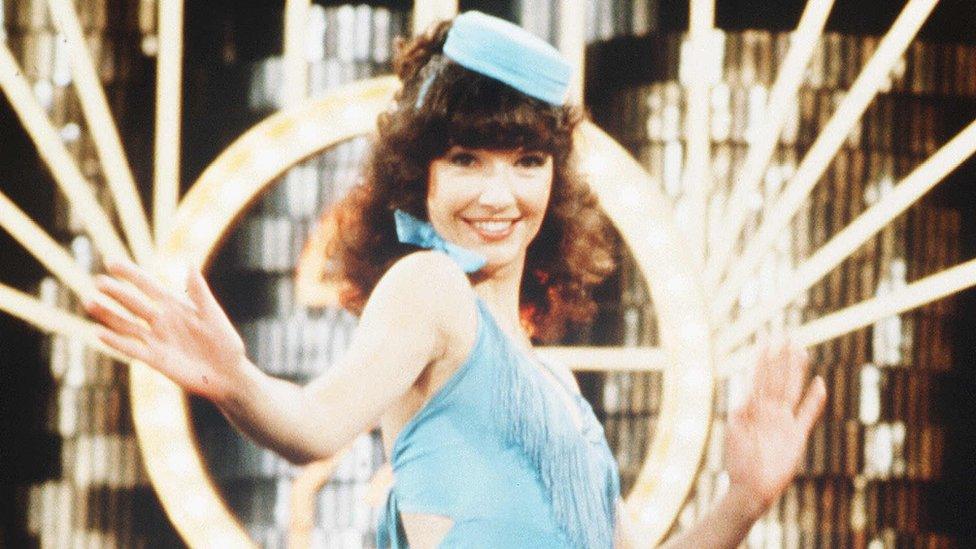
Mary Steenburgen won an Oscar for her work in the film
A footnote in the life of eccentric billionaire Howard Hughes formed the basis for this early success.
It riffs on the much-disputed relationship between Hughes and Melvin Dummar, a service station owner from Utah who claimed to be one of Hughes's beneficiaries after his 1976 death.
It's a quirky story that enabled Demme to muse on the pitfalls of instant celebrity and the way a sudden windfall makes everyone your friend.
Mary Steenburgen won an Oscar for playing Melvin's first wife, while Bo Goldman was also rewarded by the Academy for his screenplay.
Stop Making Sense (1984)
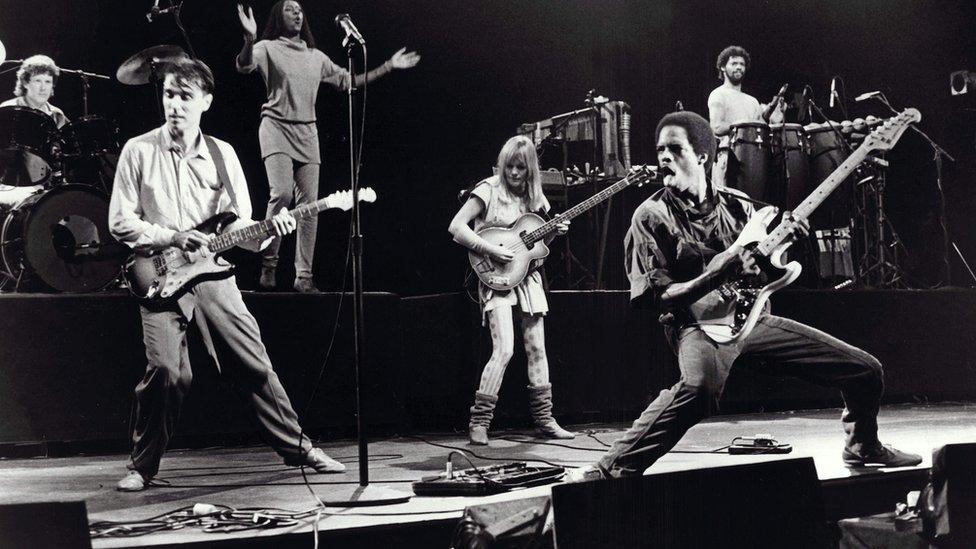
The film captures David Byrne (left) performing with his band
Few directors have captured the electricity and excitement of live performance better than Jonathan Demme.
For proof, one need look no further than this film of Talking Heads in concert, shot over three nights in 1983.
Featuring such hits as Psycho Killer, Burning Down the House and Once in a Lifetime, it's a perfect marriage of music, cinema and humour.
The latter is provided by David Byrne's suit, which gets progressively larger, and absurder, as the film goes on.
Swimming to Cambodia (1987)
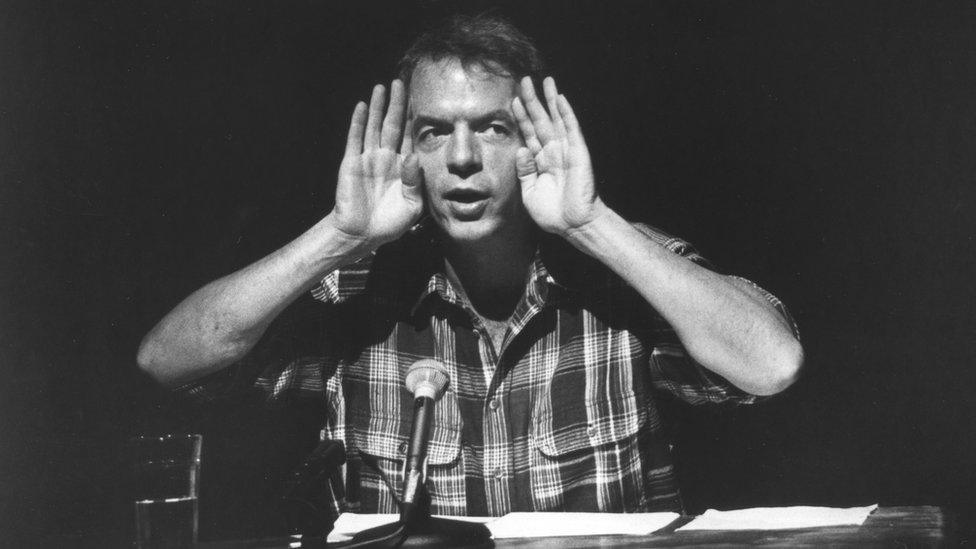
The film is a record of Spalding Gray's stage monologue
Another live performance we can enjoy again and again thanks to Demme comes in this vivid record of one of Spalding Gray's acclaimed stage monologues.
Focusing on the sometime actor's involvement in 1984 film The Killing Fields, it's a piece that addresses, both comically and poetically, America's own involvement in south-east Asian affairs.
Laurie Anderson's score combines with Gray's hypnotising skills as a storyteller to make a riveting hybrid.
The Silence of the Lambs (1991)
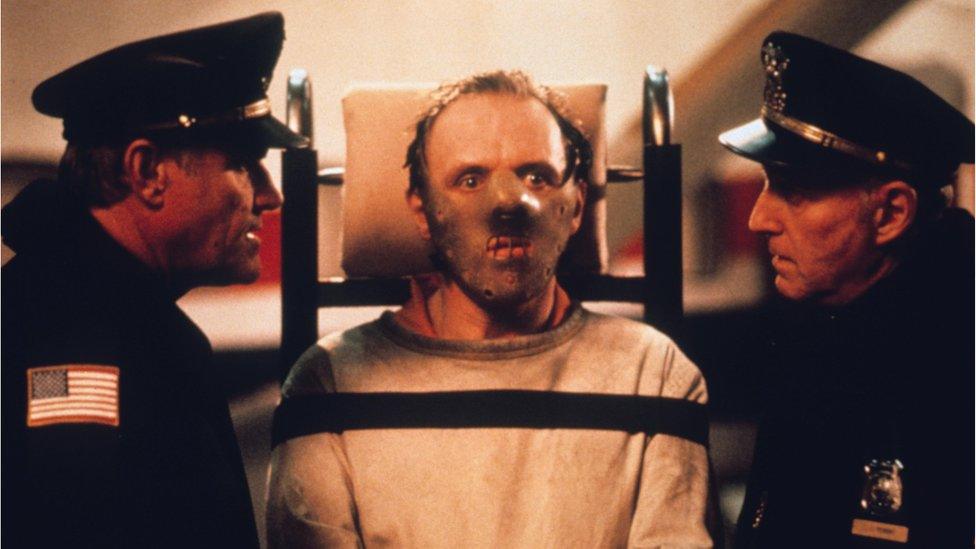
Anthony Hopkins (centre) won an Oscar for playing Hannibal "The Cannibal" Lecter
Demme wasn't the first film-maker to bring Thomas Harris's Hannibal "The Cannibal" to the screen. That honour belonged to Michael Mann and his 1986 thriller Manhunter.
Lambs, though, was the one the Academy recognised, awarding it all of the "big five" Oscars - best picture, actor, actress, director and screenplay.
The film still has the power to chill the blood with its grisly autopsy scenes and Grand Guignol atmosphere - as does Sir Anthony Hopkins' Hannibal Lecter.
What lingers, though, is the psychological richness and complexity of a film that, uncommonly at the time, put a female heroine - Jodie Foster's dogged Clarice Starling - at the forefront of the action.
Philadelphia (1993)
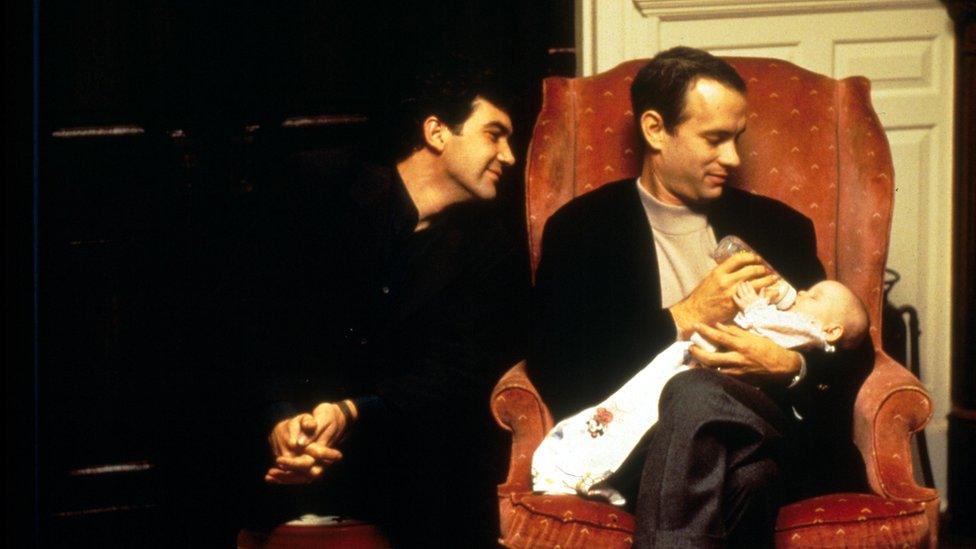
Hanks appeared with Antonio Banderas (and a baby) in Demme's drama
Two years on from Lambs' Oscar sweep, Tom Hanks won the first of his two back-to-back Oscars for his role as a lawyer with HIV fighting workplace discrimination.
The film did much to remove the stigma associated with Aids at the time, not least by earning more than $200m (£156m) at the worldwide box office.
"We wanted to reach people who don't know people with Aids, who look down on people with Aids," Demme told Rolling Stone, external in 1994.
"We were calculated about it. We set out to make a movie dealing with Aids discrimination, and there it is."

Follow us on Facebook, external, on Twitter @BBCNewsEnts, external, or on Instagram at bbcnewsents, external. If you have a story suggestion email entertainment.news@bbc.co.uk, external.
- Published26 April 2017
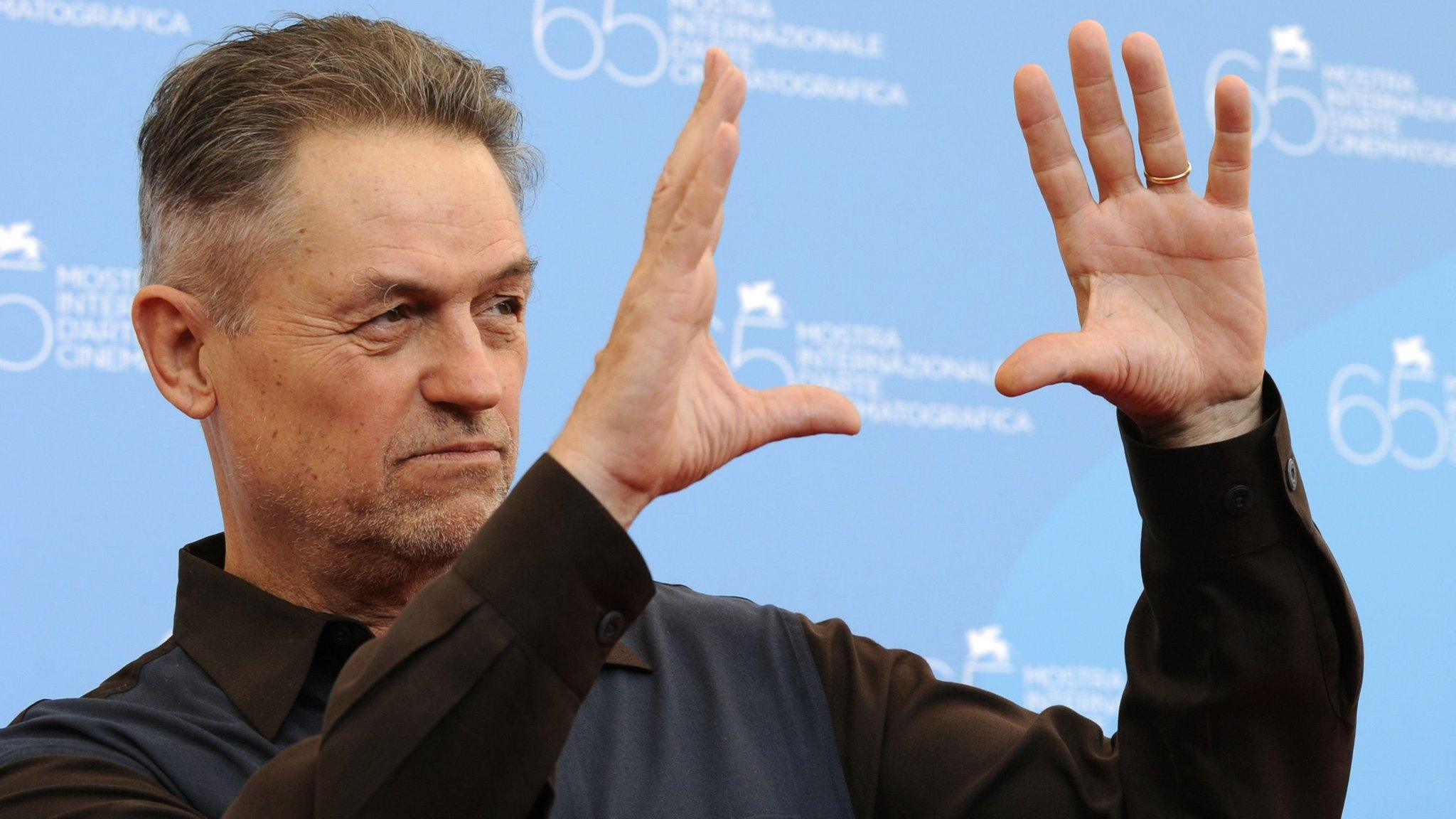
- Published28 December 2011
